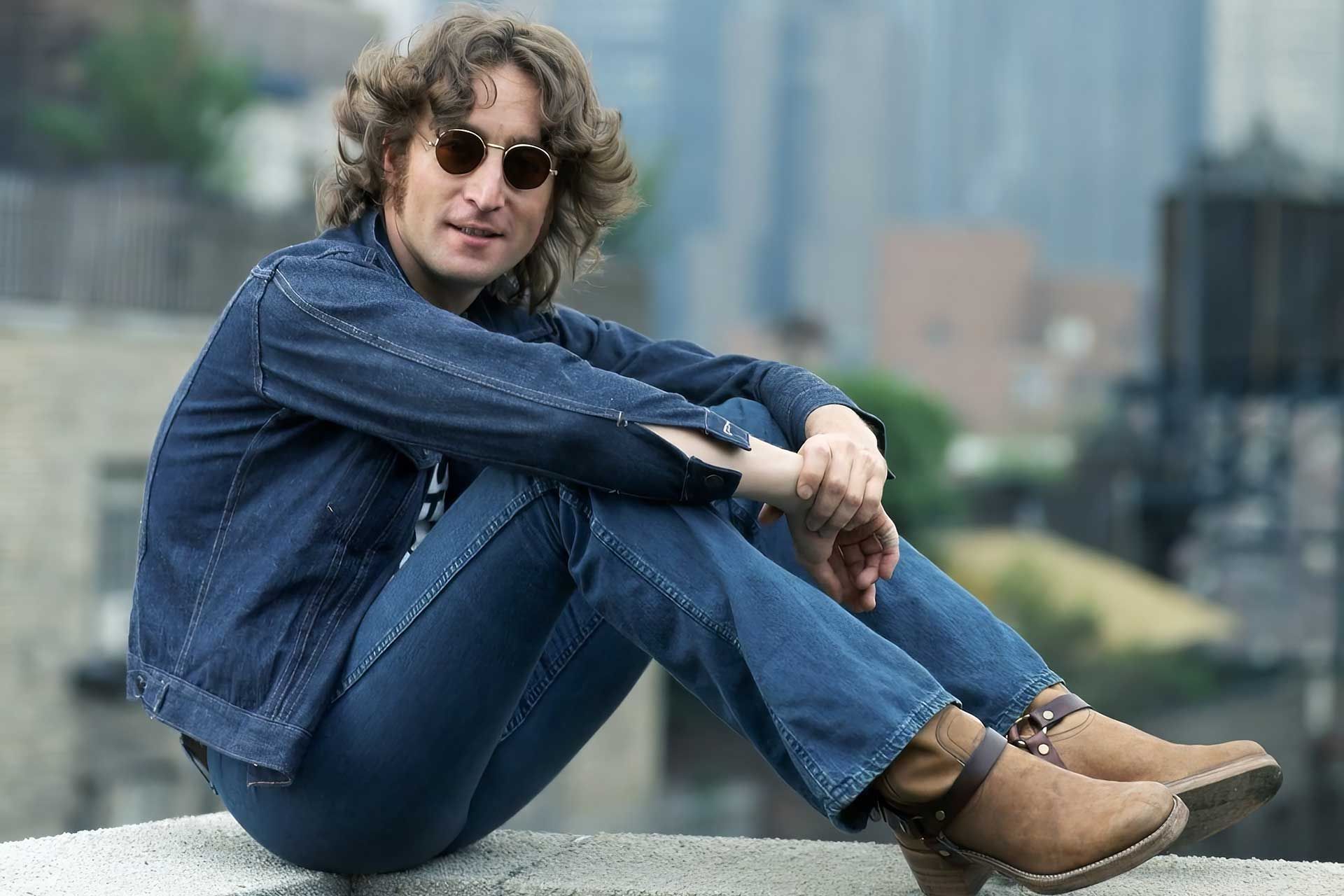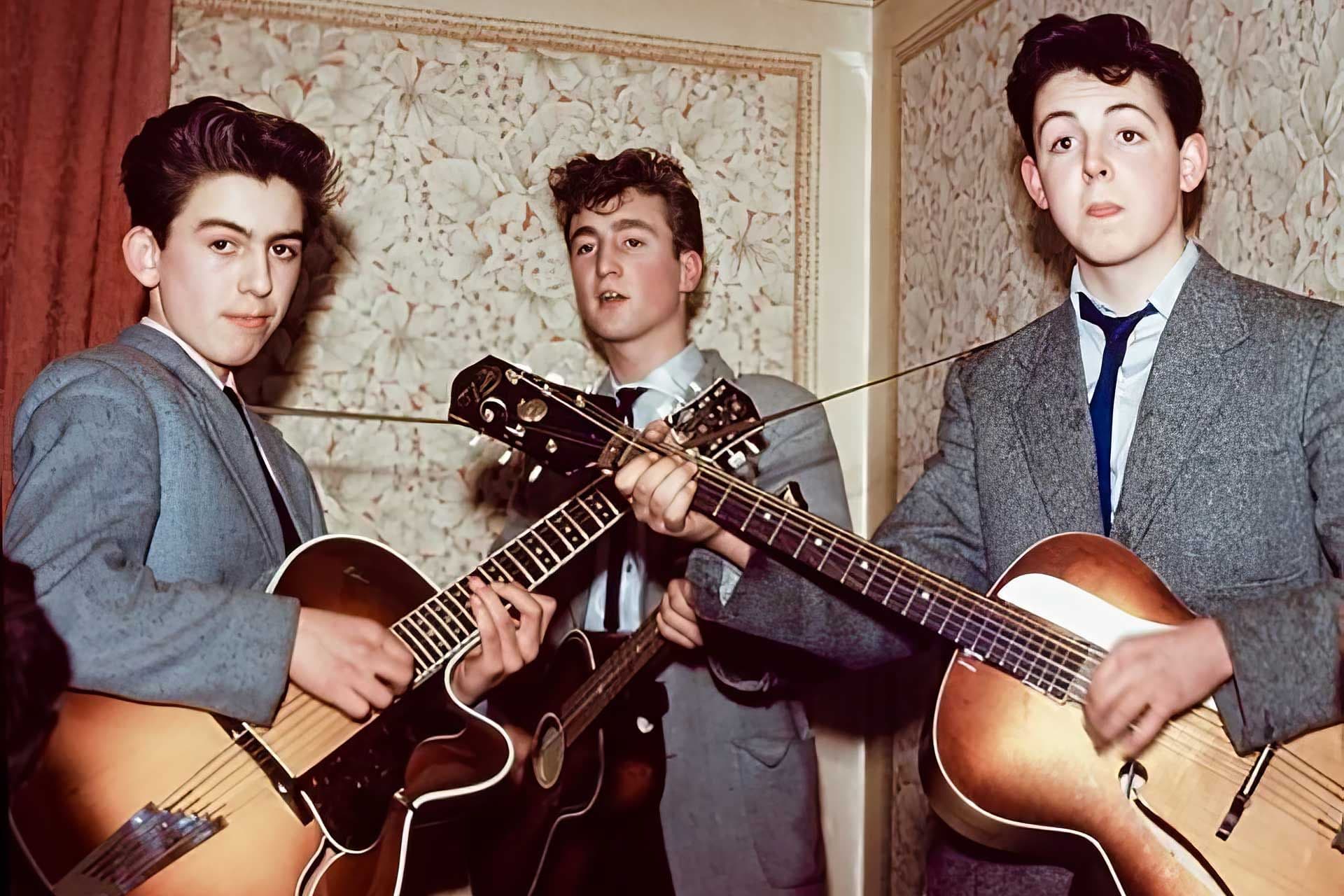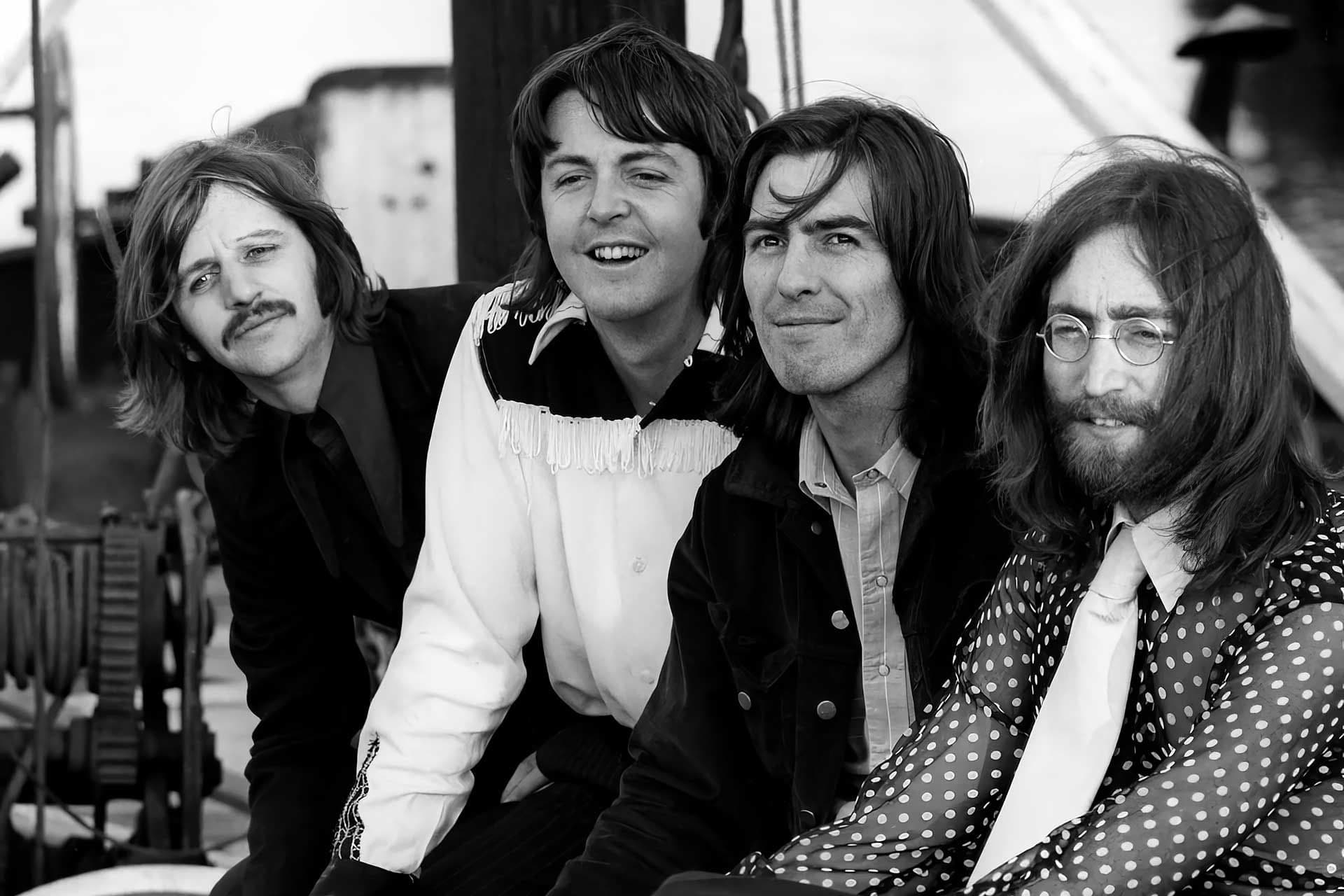
Imagine a Better World with John Lennon
Mahacaraka® Press
John Lennon, born on 9th October 1940, in Liverpool, England, is still one of the most recognisable figures in modern music and culture. As a dreamer, rebel, and artist, Lennon's vision extended beyond pop stardom to represent a generation's search for peace, love, and self-expression. His beliefs, music, and activism solidified his reputation as an unrivalled cultural figure. From his early days with The Beatles to his later years as a solo artist, John Lennon's tale is one of transformation, idealism, and enormous social impact.
John Winston Lennon was born during World War II, a turbulent period that shaped his early experiences with loss and uncertainty. After his parents parted, Lennon was mostly raised by his Aunt Mimi, and his childhood was plagued by emotional anguish. His bond with his mother, Julia, was crucial—she exposed him to music, which fuelled his early love of rock & roll. Julia's sad death at the age of 17 left an indelible mark on Lennon's thoughtful and frequently melancholy outlook.
Music became his shelter, and in his early adolescence, he formed The Quarrymen, the skiffle group that would later become The Beatles. Lennon's rebellious spirit and biting wit were evident from the outset. He was never one to comply with conventional conventions or expectations, which would eventually characterise his public persona. His strong sense of social justice and caustic critique of authority would be evident in both his music and activism, giving him a spokesperson for the countercultural movement of the 1960s and 1970s.
By the early 1960s, Lennon, Paul McCartney, George Harrison, and Ringo Starr had founded The Beatles, a band that would transform not only music but culture as a whole. Their unique sound, which combined rock, pop, and experimental elements, grabbed the world by storm. The Beatles were more than just a musical success; they were cultural architects, reflecting the changing tides of the 1960s. Lennon's songwriting cooperation with McCartney is still one of the most famous in music history. While McCartney favoured melody and optimism, Lennon added an element of contemplation, wit, and critique. Together, they wrote some of the finest songs of the twentieth century. Tracks like "A Hard Day's Night," "Help!," and "Strawberry Fields Forever" exemplified Lennon's distinct voice, which alternated between existential longing and humorous criticism.

As the Beatles progressed, so did Lennon's pursuit of deeper personal, philosophical, and political subjects. The band's later recordings, particularly "Revolver" and "The White Album", revealed Lennon's growing concern with themes of identity, purpose, and peace. During this time, tensions arose among the band as their distinct artistic views diverged. The connection between Lennon and the other Beatles was difficult. While his relationship with McCartney was critical to the band's success, their divergent artistic trajectories resulted in creative disagreements, particularly near the conclusion of The Beatles' career. Lennon and Harrison and Starr maintained a close bond, but the stresses of fame and the band's demanding schedule took their toll. Finally, the disintegration of The Beatles in 1970 constituted a watershed moment for Lennon, propelling him into a new chapter of his life.
John Lennon's post-Beatles years were defined by his vocal advocacy and determination to change the world beyond music. With his wife, Yoko Ono, by his side, Lennon became an outspoken champion for peace, frequently utilising his notoriety to call attention to political and social causes. Lennon and Ono co-organized renowned peace actions, including the "Bed-Ins for Peace" in 1969, when they invited the world's media to their hotel room to encourage nonviolence during the height of the Vietnam War.
Lennon's advocacy was not just symbolic. He aggressively criticised the United States government's foreign policy and condemned war, racism, and capitalism. His political stance made him a divisive figure, particularly in the United States, where the Nixon administration considered him as a threat owing to his impact among young people. In fact, Lennon faced numerous legal obstacles, including attempts to expel him from the United States, owing to his anti-establishment beliefs. Lennon's advocacy was centred on his belief in the power of love and human connection to effect positive change. He envisioned a world free of violence, oppression, and greed, a utopia in which people could coexist peacefully. Despite being criticised for being naive, his idealism had a strong impact on millions worldwide.
Perhaps no song better captures Lennon's vision for the world than "Imagine," the title track from his 1971 solo album. The song, widely acknowledged as one of the best and most influential in music history, urges listeners to imagine a society without borders, violence, or greed—a world united by peace and common humanity. The song's simple melodic and lyrical structure betrays its deep impact. "Imagine" marked a significant departure from the elaborate arrangements of his Beatles work. Its minimalist production, anchored by Lennon's haunting piano chords, allows the message to take centre stage. The words, while idealistic, are delivered with a gentle optimism that invites listeners to explore the prospect of a better future. Lennon's plea—"You may say I'm a dreamer, but I'm not the only one"—hits home with anyone who believes in the power of hope and change. The song drew both praise and criticism. For some, it was a stirring anthem for peace; for others, it was excessively optimistic. Regardless of interpretation, "Imagine" is an enduring expression of Lennon's unwavering faith in humanity's capacity for kindness.

Lennon's later years were marked by personal reflection as much as artistic resurrection. After taking a temporary break from music in the mid-1970s to focus on raising his son, Sean, Lennon returned to the studio in 1980 with the album "Double Fantasy", a collaboration with Ono. The album depicted a more calm and contented Lennon, who had found personal peace after years of turmoil. However, the era of rejuvenation was cruelly cut short. On December 8, 1980, a troubled fan, Mark David Chapman, shot and killed Lennon outside his apartment building in New York City. The world was stunned by the untimely and senseless death of an idol who had inspired millions. Vigils were organised around the world, and Lennon's death signalled the end of an era. He was only 40 years old.
John Lennon's impact on music, culture, and activism has endured. His courageous investigation of life's deepest questions—about love, peace, and the human condition—has inspired generations of singers, activists, and dreamers. Whether through his breakthrough work with The Beatles, his activism, or timeless songs like "Imagine," Lennon's message is still relevant today.
He wasn't perfect, and his life was full with inconsistencies. But, in many ways, Lennon's flaws made him so human, sympathetic, and durable. He challenged the world to envision a better future, leaving an everlasting mark on history.
John Lennon's legacy includes not only the music he made, but also the values he promoted—ideals that continue to influence how we think about art, politics, and the potential of a more just and peaceful world. As he once observed, "A dream you have alone is just a dream. "A dream you have together becomes a reality." For millions, Lennon's dream continues.